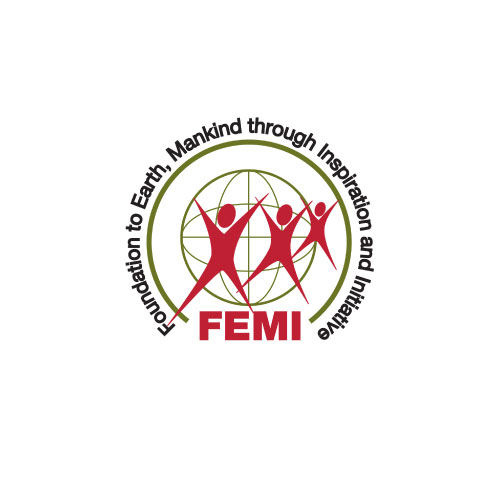About the project
Project Period: Oct 2023 - Oct 2027 (48.07 Months)
The Improving Access to Water, Sanitation Facilities and Hygiene Practices in Moroto District (I-WASH) project is a vital collaborative effort. It brings together Nascent RDO-U, with technical guidance from Link to Progress (LTP), and generous financial backing from the FEMI foundation (Netherlands). This initiative is strategically designed to address the severe WASH challenges faced by vulnerable households in the target area.
We believe that access to clean water and sanitation is a fundamental human right and a prerequisite for families to flourish. The project aims to drastically improve water access rates and hygiene practices, directly contributing to the achievement of Sustainable Development Goal 6.
Project Focus
The primary focus of I-WASH is to tackle the alarmingly low access to safe water and adequate sanitation in the Moroto District. Data shows a critical ratio of safe water points to people, which, coupled with low latrine coverage in the Karamoja sub-region, fuels diseases. Globally, poor WASH is still responsible for the deaths of many children under five, highlighting the urgency of this intervention.
A core objective is to facilitate equitable access to safe, diversified, and sustainable water sources. This involves a systematic approach, including participatory technical assessments of non-functional water points and their subsequent rehabilitation. We also plan to identify, train, and equip water user committees and hand pump mechanics to ensure long-term, community-managed sustainability of the water infrastructure.
The project is intensely focused on mobilizing the Moroto communities to adopt and utilize hygienic measures and adequate sanitary facilities. We are implementing a Social Behaviour Change Communication (SBCC) strategy alongside mass awareness campaigns in schools and public places. This is crucial for shifting deep-rooted cultural norms that impede WASH improvements, especially around sanitation practices and menstrual hygiene management.
To ensure success, I-WASH employs the Community Led Total Sanitation (CLTS) approach, enhanced by the Home Improvement Model (HIM). Given the traditional manyatta settlement pattern in Karamoja, we adopt a cluster approach for promoting hygiene uptake. This blended strategy, validated by a feasibility study, addresses cultural beliefs while promoting the construction of improved traditional latrines and basic hygiene facilities like tipy-taps.
Activity Highlights
Activity Title
Details about this activity will go here...
Photo Moments
Video Moments
Beneficiary Stories
Project Impact
Project Publications
Project Partners
